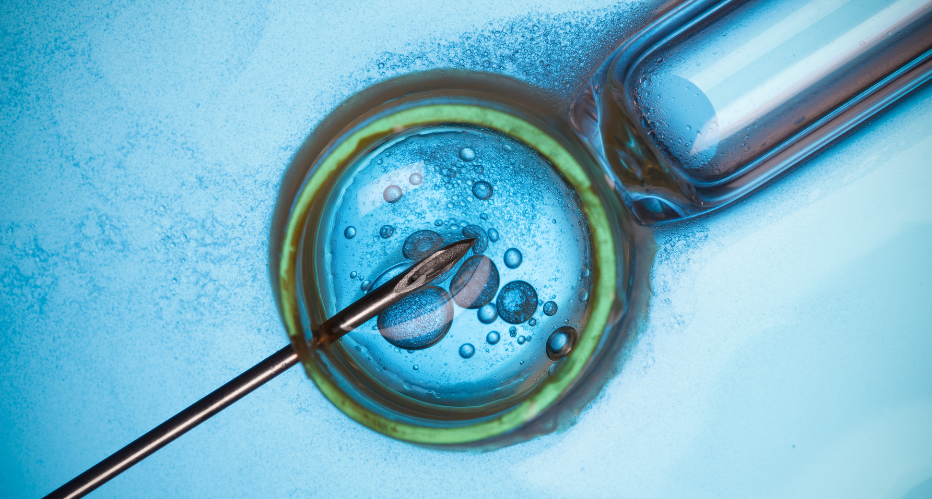ADOPTION & ART ATTORNEYS IN MARYLAND, DISTRICT OF COLUMBIA & VIRGINIA
Egg Donation Contracts, Why Should You Have One?
Egg donation happens when a donor gives her eggs to another person(s) to allow the recipient to become pregnant or to use with a surrogate. An egg donor may be someone known to the recipient or could be connected through the IVF clinic or an Egg Donor Program. To donate, the donor must be given medication to develop multiple eggs over a single cycle.
Egg donors can range in age anywhere from 18 to 34 years of age, but it is not unusual for Intended Parent(s) to seek donors aged 25 or younger. To make sure that the rights and responsibilities of both parties are fully understood, an egg donation contract is essential.
What Is an Egg Donation Contract?
An egg donation contract clarifies the agreement between the egg donor and the egg recipient.
The contract is usually developed by the recipient in partnership with an ART attorney. In some cases where a fertility clinic is used as an intermediary, the clinic may provide “boilerplate” contracts that should be adjusted to meet the needs of the recipient.
Before an egg donation takes place, the donor is given sufficient time to review the contract and Intended Parents will cover the cost of an attorney to do a review with her.
What Does an Egg Donation Contract Include?
An egg donation contract is usually simpler than a surrogacy contract, but it is still important to make sure you get advice from an ART attorney. Every egg donation situation is different. The contract protects your interests like no other resource can.
Let’s look at some of the topics typically covered by the egg donation contract
Future Contact
Will the egg donor have any future part in the child’s life? Just as with adoption, questions often arise about anyone who contributed to a child’s birth. Of course, it is up to the parents how to handle it. A donor may remain completely anonymous and never have any information disclosed. Conversely, the contract can spell out that the donor can get updates and photos if the parents agree.
Travel Expenses
Fertility care requires in-person treatment at a clinic. It may take several cycles of medication and egg collection before donated eggs can be provided to the recipient. It is a wise idea to get a sense of the potential travel costs and figure them into your budget. Donors generally expect recipients to defray these costs, either immediately or after being provided with receipts.
Timelines
Fertility care timelines vary. Even when a donor is very healthy, there is no way of knowing in advance exactly how long each phase of the process will take. Still, informed estimates can be made with help from the healthcare team. Including prospective timelines in the contract helps both sides understand when things are not going according to plan so that changes can be made.
Privacy
Donors will usually consent to provide health information related directly to fertility care, and allow the recipient access to records related to that care. Because this information is protected by federal law, it’s critical to have all permissions expressed in writing.
Other Considerations
Both the recipient and the donor may have other considerations to add to the egg donation contract. Although the text usually starts with the recipient, the donor can make suggestions. The donation only goes forward when both sides are comfortable.
Having clarity around your egg donation contract ensures a better relationship with your donor and a happier outcome for everyone.



“We believe in working with each of our clients—in support of their family dynamic—to make the dreams of parenthood a reality. Whether you are single or married; or gay; a step-parent, a surrogate or intended parent or a child of adoption, it is our mission to serve as your advocate. With a dedication to the ethical and sensitive nature of each situation, we will help you understand the laws within Maryland , Virginia and Washington, DC for adoption or surrogacy, and pledge to be your partner throughout the journey.”
- Modern Family Formation Law Offices
CONTACT
All Rights Reserved | privacy policy









